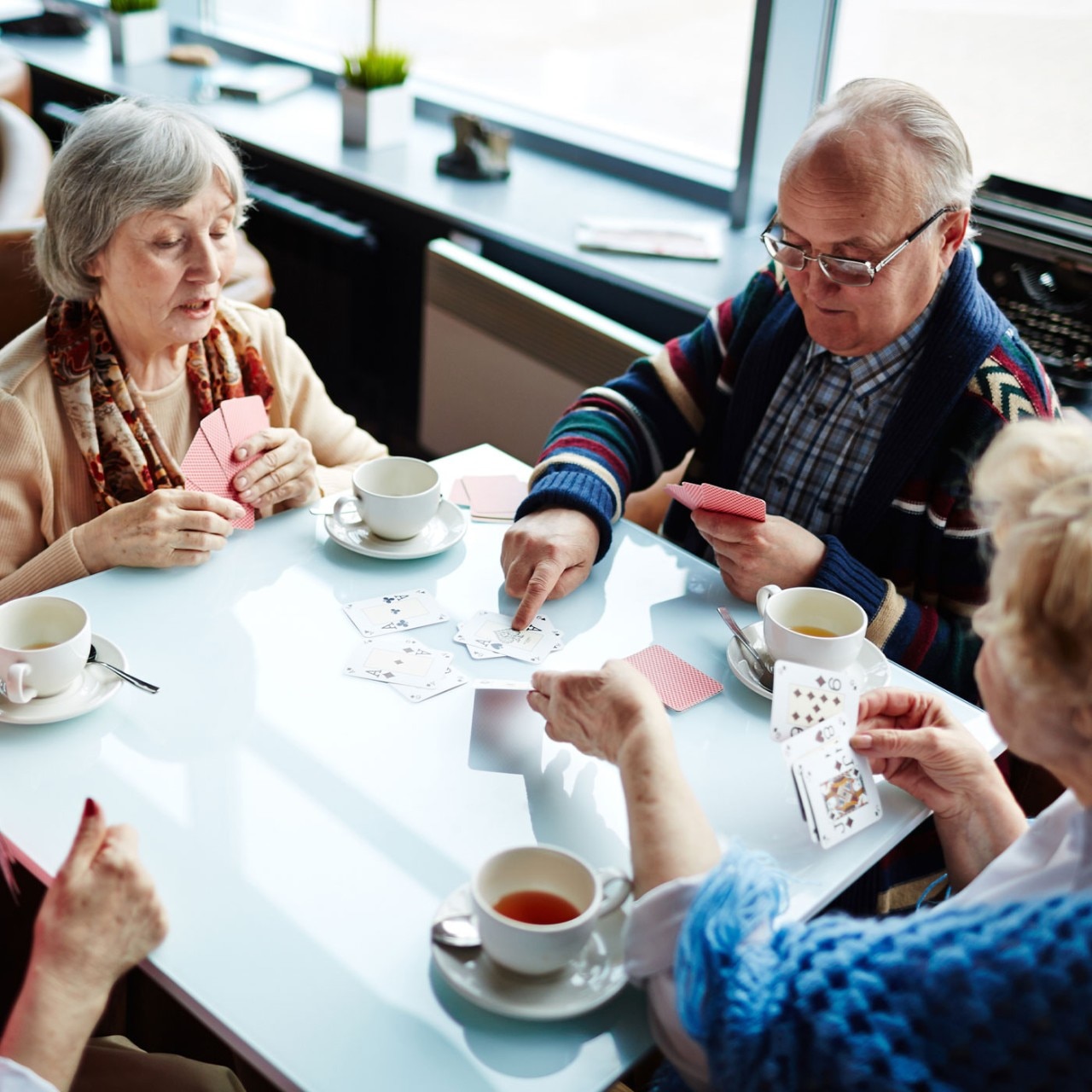Resources for Caregivers: Caring for Someone After Joint Replacement Surgery
If you’re providing post operative care for someone who recently underwent joint replacement surgery, there are resources available to help you.
If you’re providing post operative care for someone who recently underwent joint replacement surgery, there are resources available to help you.
Did your spouse, parent, grandparent, or other loved one recently undergo joint replacement surgery? This type of surgery can have a big impact on their ability to regain their quality of life and activity.
Making sure your loved one has adequate support during their rehabilitation is important for helping them avoid complications, stay safe, and make the most of recovery. If you're caring for a loved one during their post-operative recovery and have questions about how to help them manage their health, these resources may help.
Your loved one's medical team is there to help them have a successful joint replacement. As a caregiver or support person, you are an integral part of that success, too—which means you can benefit from the resources and education these providers offer.
If possible, consider joining your loved one on their pre-operative appointments and post-operative follow-up visits. This may help you establish a connection with their providers and can give you a chance to ask any questions you may have.
If your loved one is still in the hospital after their surgery, do your best to meet and collaborate with the multidisciplinary team members involved in their care, including:
It might help to keep a notebook with you to write down and organize post-operative instructions, provider names and contact information, answers to any questions you may have, and information about prescriptions, referrals, or additional services recommended by your loved one's medical team, including mental health counseling and home health, outpatient, or inpatient rehabilitation.
As your loved one recovers from joint replacement surgery, anything you can do to make your lives a little easier can help make the process smoother. Consider researching and arranging services or tools for your loved one that can save you both time and energy, such as:
Be sure to ask your loved one's case management team or health insurance provider about any services that might be eligible for financial assistance or coverage.
Senior centers can be invaluable resources for older adults, whether they are in their usual state of health or are recovering from surgery. If there's a senior center in your area, reach out to learn about the services they offer, which can range from meal and nutrition programs to arts and recreation. Some senior centers even loan out donated medical equipment for free, including walkers, bath benches, and commodes.
According to the National Council on Aging, participating in senior center programs can benefit a person's physical, mental, emotional, spiritual, and economic well-being.1 Plus, the extra opportunities for socialization can be an excellent way to keep your loved one active and motivated during their recovery.

The U.S. Centers for Disease Control and Prevention (CDC) recognizes caregiver burnout as a significant public health issue.2 And, even though caregiving can be incredibly rewarding, many informal or unpaid caregivers (usually family members of ill or injured patients) also face physical and mental health challenges as a result of their efforts to support their loved ones.2
Online support groups may also offer people in caregiving roles the chance to share their stories with, and even learn from, other people going through similar experiences. If you're interested, you can explore resources like the Family Caregiver Alliance3 or check with your local hospital, health care facility, or community center to find out if there are in-person caregiver support groups near you.